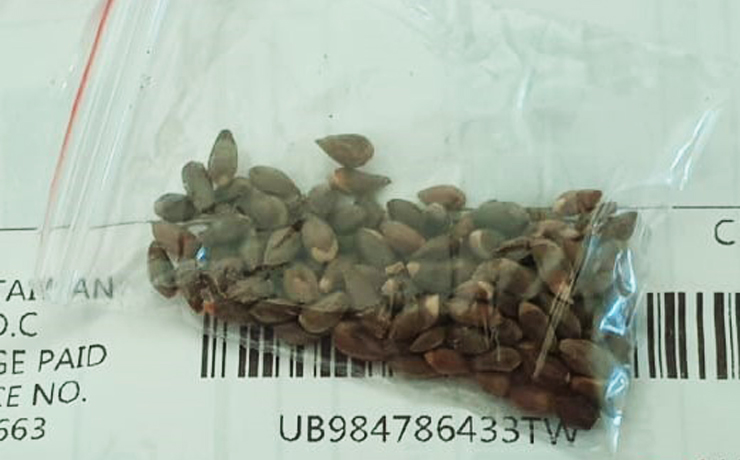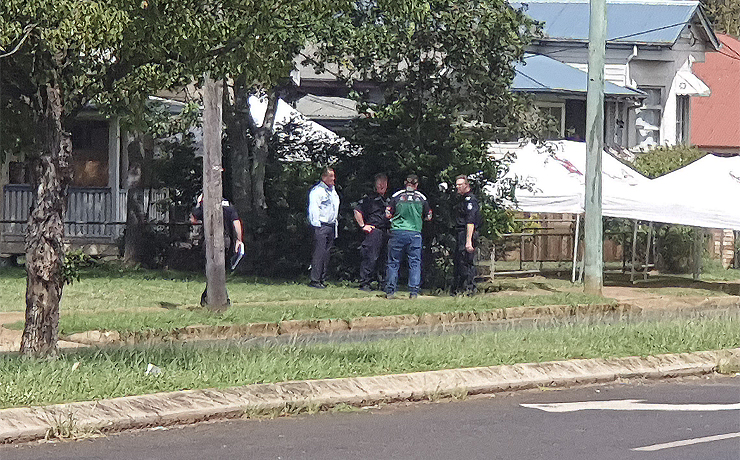
December 10, 2020
There have been more reports of people receiving unsolicited packets of seeds in the mail, risking Australia’s agricultural industries and environment.
The Federal Department of Agriculture says 45,000 risky seed parcels have been intercepted at Australia’s international mail centres in 2020.
Acting Chief Plant Protection Officer Dr Gabrielle Vivian-Smith said seeds were the most commonly intercepted biosecurity risk item at mail centres and this year made up 75 per cent of the total interceptions though the mail.
“This is a concern for Australia, as seeds that arrive from overseas and do not comply with our biosecurity conditions can carry a range of risks,” Dr Vivian-Smith said.
“This includes invasive species or harmful plant diseases that could threaten backyard gardens, agriculture industries and the environment.
“There has also continued to be ongoing reports of unsolicited seeds being received through the mail, with more than 260 reports so far.
“These reports are important and demonstrate the vital role the community plays in identifying and reporting biosecurity risks.
“Unsolicited seeds from overseas could also carry significant threats, so it is vital that they are reported to allow us to undertake the necessary investigations.
“If you receive unsolicited seeds through the mail, do your part to support Australia’s biosecurity and report it immediately.”
Seeds that arrive unsolicited in the mail should never be planted.
To report a potential biosecurity breach visit awe.gov.au/report or call 1800-798-636.
- Related article: Risky Imports Flood In Mail























